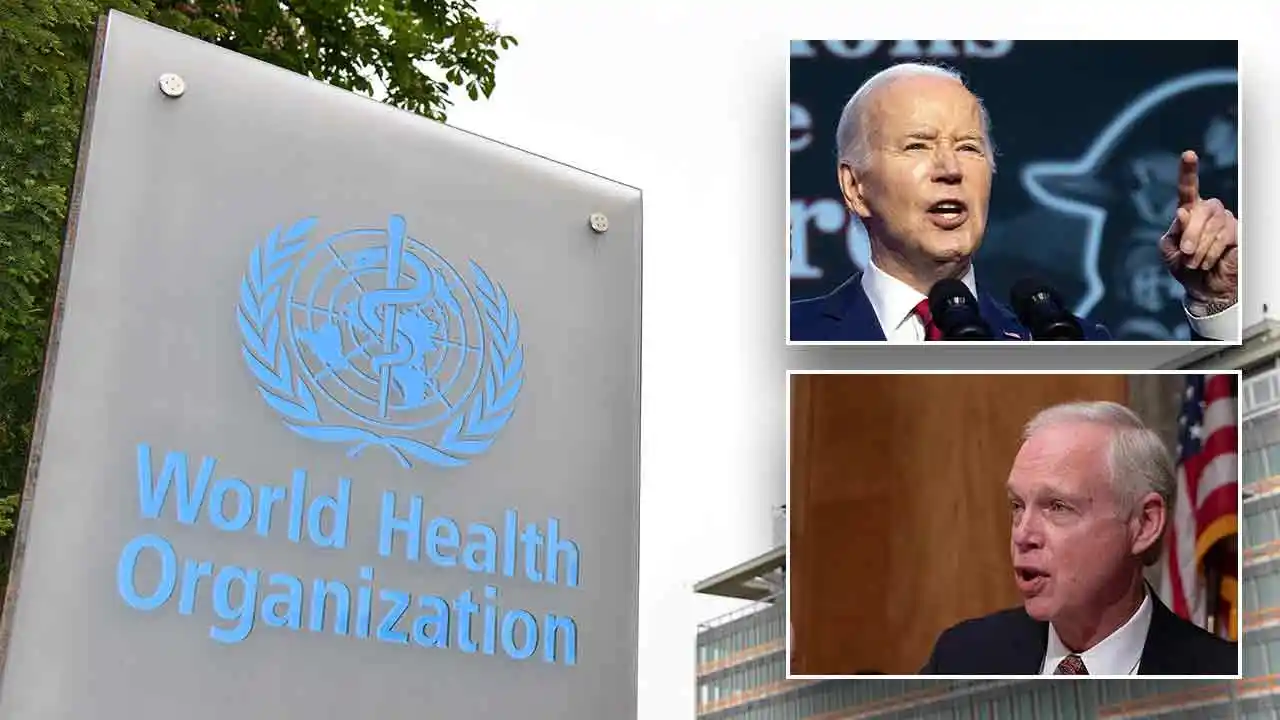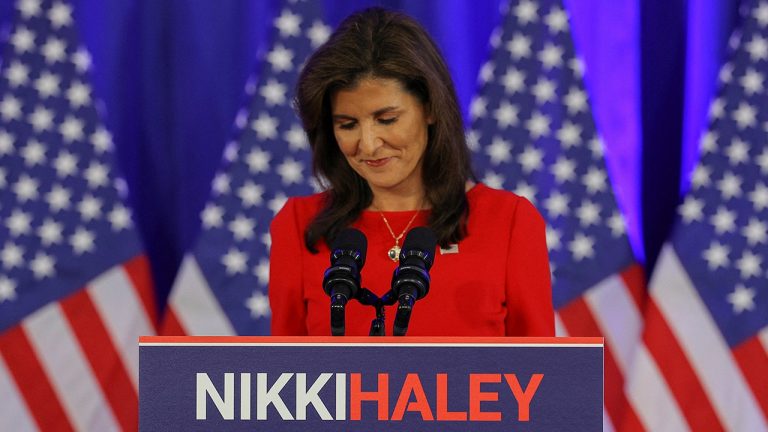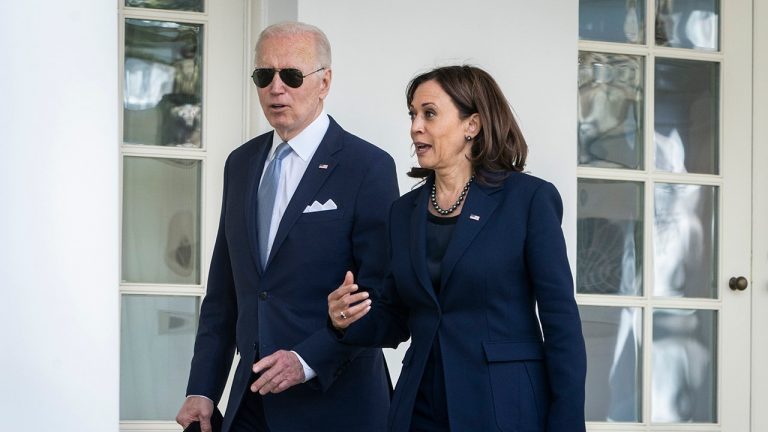GOP senators ask Biden not to support giving more power to WHO in pandemics.
Sen. Ron Johnson of Wisconsin, a notable Republican figure in the Senate, recently spearheaded a collective effort by the entire Republican Senate conference to urge President Biden to reject agreements that would bolster the authority of the World Health Organization (WHO) during global pandemics.
In a pointed letter sent to President Biden, Johnson and all 48 other Republican senators emphasized their strong opposition to the U.S. joining any pandemic-related treaty, convention, or agreement up for consideration at the upcoming 77th World Health Assembly. The signatories highlighted that such agreements should be regarded as treaties, necessitating the constitutional procedure of securing two-thirds concurrence from the Senate.
Set to take place from May 27 to June 1, the World Health Assembly (WHA) plays a pivotal role as the decision-making body of the WHO, convening annually with the aim of setting objectives and formulating policies that resonate with its 194 member states.
The Republican senators minced no words in asserting that the U.S. could ill-afford to overlook the WHO’s recent failures and must mandatorily demand comprehensive reforms within the organization before mulling over amendments to the International Health Regulations (IHR) or entertaining proposals for new pandemic-related treaties that would potentially swell the WHO’s authority.
Noteworthy figures within the GOP, including Minority Leader Mitch McConnell, Minority Whip John Thune, and conference Chairman John Barrasso, solidified their support by endorsing Johnson’s letter, underscoring a united front within the party in the face of expanding WHO authority.
The Republicans’ outspoken stance against the WHO took particular aim at the organization’s latest draft of a pandemic response treaty, which they unequivocally deemed as a non-starter. Consequently, the party highlighted the proposed pact’s overt emphasis on mandated resource and technology transfers, stringent intellectual property rights violations, suppression of free speech, and the bolstering of the WHO’s powers as grounds for their unequivocal opposition.
Additionally, the Republicans raised issues regarding the the WHO’s proposed treaty overlooking the unresolved origins of the COVID-19 virus, particularly due to Beijing’s obstruction of an impartial investigation into the matter.
Contrasting the Republicans’ position, President Biden has signaled his tentative support for a global agreement to enhance pandemic response coordination, albeit with reservations. Notably, Biden’s administration has voiced concerns about certain provisions within the prospective WHO treaty that fall short in safeguarding pharmaceutical companies’ patents adequately, reported Politico in January.
Citing the need for effective outcomes that align with U.S. laws and interests, a Department of Health and Human Services spokesperson iterated the administration’s focus on securing commitments that strengthen global health security, promote medical innovation, and ensure access to critical medical resources.
Senator Ron Johnson, a vocal critic of Dr. Anthony Fauci and pandemic response measures in the U.S., continues to advocate for a thorough investigation into COVID-19’s origins and the handling of the crisis. Johnson’s stance has gained traction among fellow Republicans, including prominent party leaders such as Mitch McConnell, John Thune, John Barrasso, and Steve Daines, who collectively deemed any Biden administration support for the WHO’s international agreement as unacceptable.
As the dynamics surrounding global health governance take center stage, the clash between the Republicans and the Biden administration underscores broader tensions surrounding pandemic response strategies, regulatory frameworks, and the WHO’s evolving role in the international health landscape.








